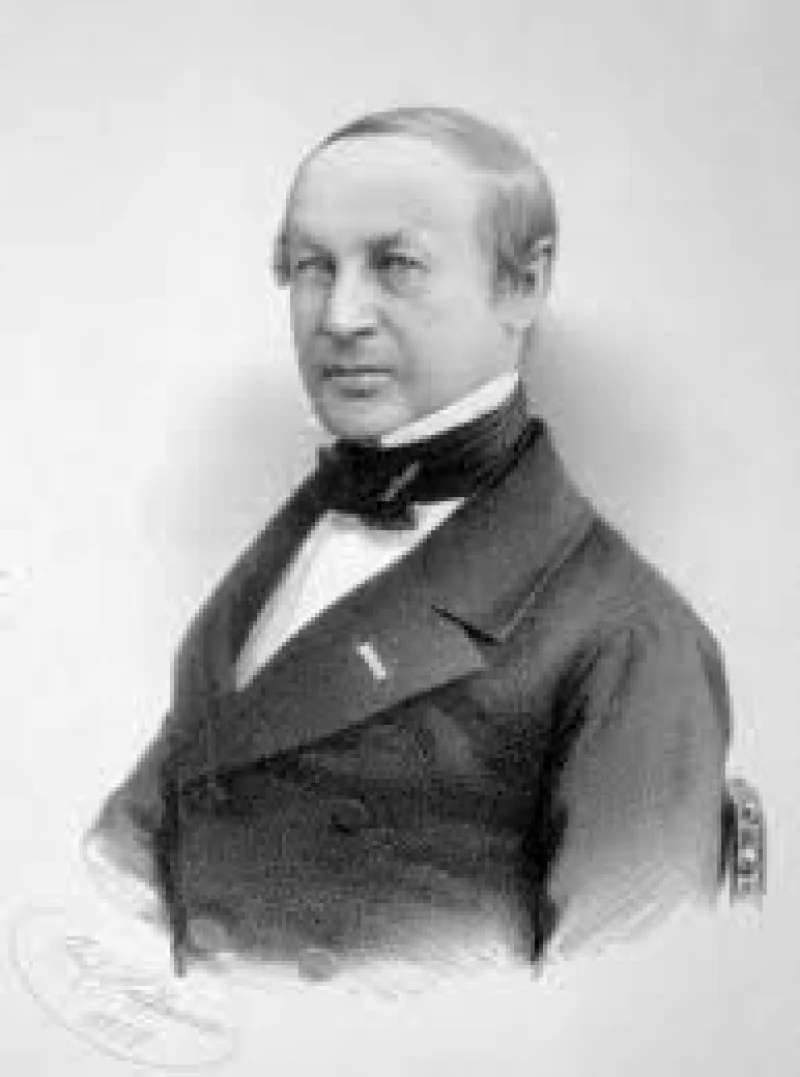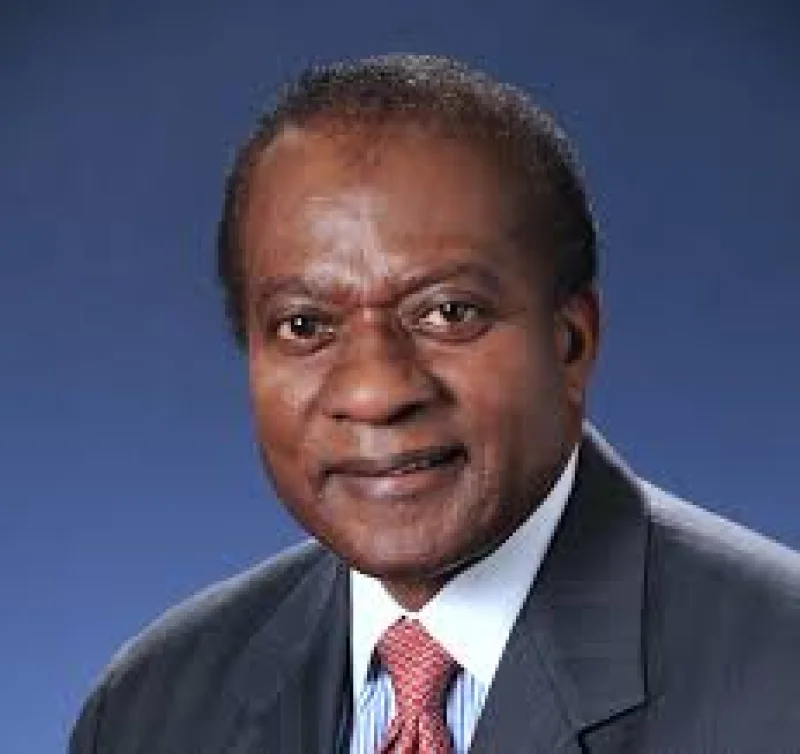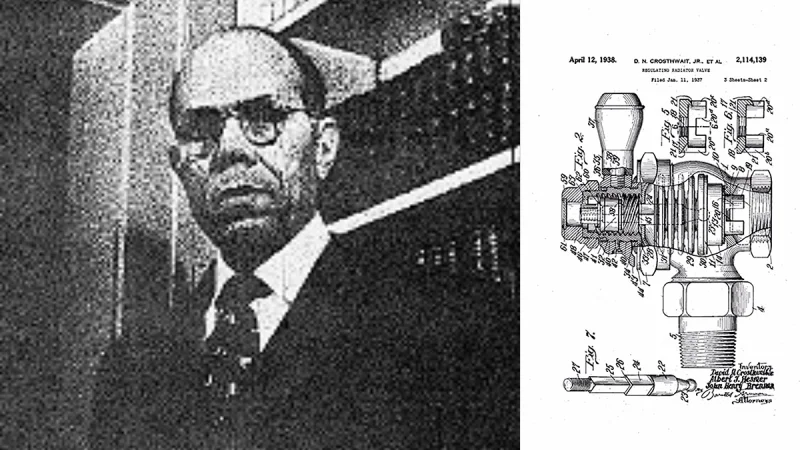Short Summary
Theodor Schwann was a pioneering German physiologist and a key figure in the development of cell theory. He is most famous for co-formulating the cell theory, which states that all living organisms are composed of cells. His work laid the foundation for modern cell biology and greatly influenced the scientific understanding of life. Schwann also made significant contributions to the study of animal tissues and the discovery of pepsin, an important enzyme in digestion.
Early Life & Education
Theodor Schwann was born on December 7, 1810, in Neuss, a town in the Rhineland region of Germany. He was the fourth child in a family with deep religious roots; his father was a goldsmith, while his mother came from a family of farmers. Schwann's early education took place at a local Jesuit school, where he developed an interest in the natural sciences. He went on to study medicine at the University of Bonn, followed by further studies at the University of Würzburg and the University of Berlin. During his time in Berlin, he was influenced by the work of Johannes Müller, a renowned physiologist, who became a significant mentor and contributed to Schwann's growing interest in biological research.
Career Highlights
Schwann's career was marked by several significant achievements in the field of biology. In the early 1830s, he began working as an assistant to Johannes Müller, where he conducted experiments that led to the discovery of pepsin, the first enzyme to be isolated from animal tissue. In 1839, he published "Microscopical Researches into the Accordance in the Structure and Growth of Animals and Plants," where he articulated the concept that all living things are composed of cells, co-founding the cell theory alongside Matthias Schleiden. Schwann later became a professor of anatomy at the Catholic University of Leuven in Belgium, where he continued his research in histology and physiology, contributing to the understanding of animal tissue structures.
Major Achievements
- Co-formulation of the cell theory: Schwann co-founded the cell theory, establishing that all living organisms are composed of cells.
- Discovery of pepsin: He isolated pepsin, the first enzyme discovered in animal tissue, crucial for understanding digestion.
- Contributions to histology: Made significant advancements in the study of animal tissues and cellular structures.
Famous Quotes
- "The cause of nutrition and growth resides not in the organism as a whole but in the separate elementary parts—the cells."
Interesting Facts
- Schwann initially studied theology before transitioning to the field of medicine and biology.
- He coined the term "metabolism" to describe the chemical processes within living organisms.
- His last name is immortalized in Schwann cells, which are critical for the functioning of the nervous system.
Legacy / Influence
Theodor Schwann's contributions to cell theory and the discovery of pepsin have had a lasting impact on biology and medicine. His work laid the foundation for the study of cell biology, influencing generations of scientists and advancing the understanding of life at a cellular level. Schwann's insights into the structure and function of cells continue to be relevant in various scientific fields, including genetics, biochemistry, and medicine.
FAQ
Q: Why is this person famous?
A: Theodor Schwann is famous for co-formulating the cell theory, which is fundamental to modern biology.
Q: What did he discover?
A: He discovered pepsin, the first enzyme isolated from animal tissue, and contributed significantly to cell theory.
Q: What are Schwann cells?
A: Schwann cells are a type of glial cell in the peripheral nervous system that support nerve regeneration and function.












